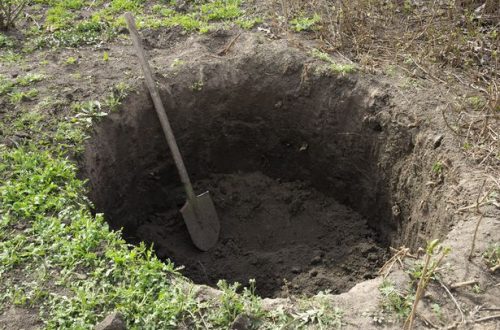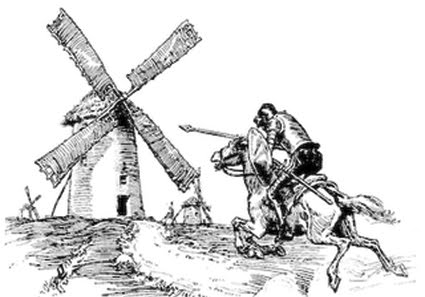Paul Goodman is a principled and hard working Tory MP and shadow Minister.
He has escaped a mauling over the expenses furore – his claims have been modest and appropriate.
Yet he is standing down at the next election. Why?
Here is his explanation. He makes a number of points which should be taken very seriously, and which have real resonance for all parties, and for Parliamentary democracy itself.
For Parliamentary democracy to work, a robust executive – strong government – must be balanced by a healthy legislature – by a flourishing House of Commons. That the Commons has been sick for many years is incontestable. The tragedy of the expenses scandal is that the patient, in consequence, is likely to receive a bigger dose of the medicine that’s causing the illness – namely, professional politics.
Not so long ago, MPs were elected representatives, paid little by the taxpayer but free to work outside the Commons. MPs drew on their expertise of business or the shop floor. The chamber was a forum in which the clash of different interests was resolved for the public good.
However, the representation of interests came to be seen as outmoded at best and corrupt at worst. Restrictions on MPs outside earnings were imposed. Relatively swiftly, they became largely dependent on the taxpayer – and therefore, increasingly, professional politicians rather than elected representatives: a “political class” different to and therefore separate from those who elected them. Consequently, MPs got smaller. The media got bigger. Powers leaked away to Europe, Scotland, Wales, Northern Ireland, and the quangos.
A few weeks ago, this journey reached its logical destination. In an act of class revenge, Gordon Brown pushed through Parliament a measure compelling the remaining MPs who work outside the Commons to declare how often they do so.
The result will be a further injection of state power and patronage – the medicine that’s sickening the patient. The spirit of the age is against citizen MPs, and few working business people, lawyers, doctors or (dare I say) journalists will long be able to fend off local rivals who pledge to be in the Commons for every hour of the working day. Parliamentary elections threaten to become dutch auctions of self-abasement.
In the short term, a few older MPs with knowledge of the outside world will hang on. But some of their younger colleagues will quietly leave, telling friends that the loss of earnings is the last straw that broke the camel’s back – on top of vanished privacy and declining status. And, in the medium term, much future talent will avoid the Commons altogether.
Most of the rest will get in quick, scramble to the top, and get out quicker. The Commons’ institutional memory will weaken. With a number of exceptions, MPs will become cowed and toiling drudges. Fringe eccentrics and exhibitionists will provide the necessary colour, coming and going like celebrity TV contestants – briefly exalted and just as swiftly toppled.
Forceful Ministers and effective Select Committee Chairmen are likely to be scarce in such a shallow pool. And the reputation of the Commons will continue its downward spiral. Such is the Pandora’s Box that the national media elites have helped to open – one which, needless to say, they won’t be able to close. In making this case, I’ve little personal interest, since my earnings outside Parliament are minimal.
Over the long term, I suspect that fashion will change, and that the Commons will renew itself, as it’s often done before. But the long term is perhaps ten years away – which brings me to my conclusion.
Read it all.


